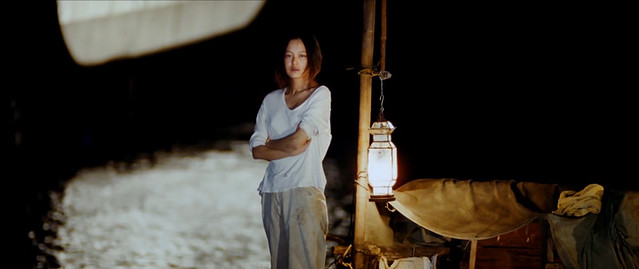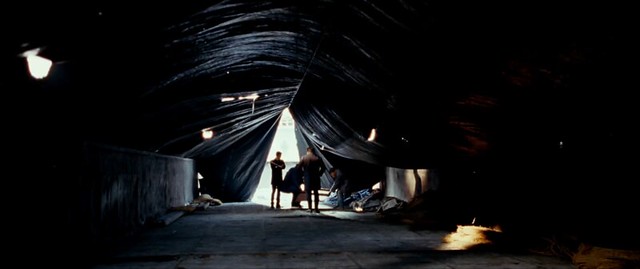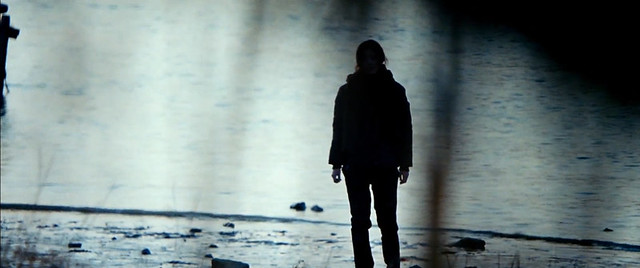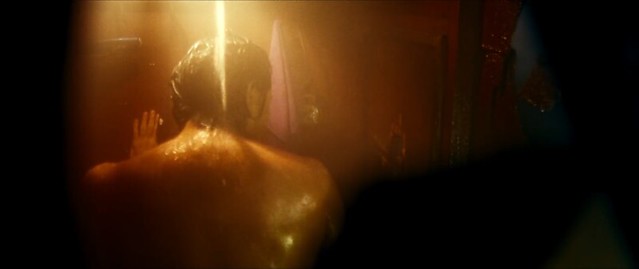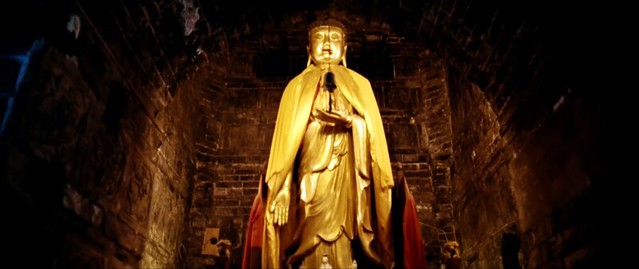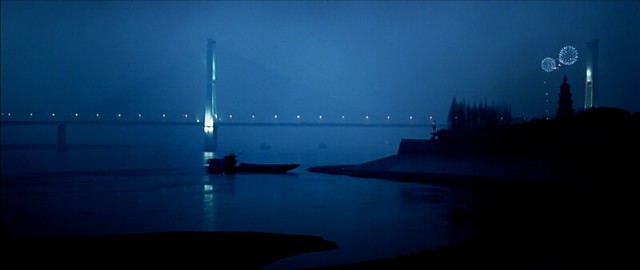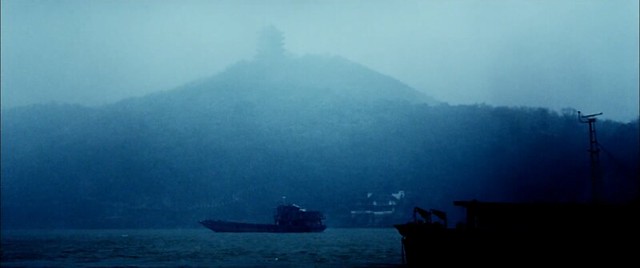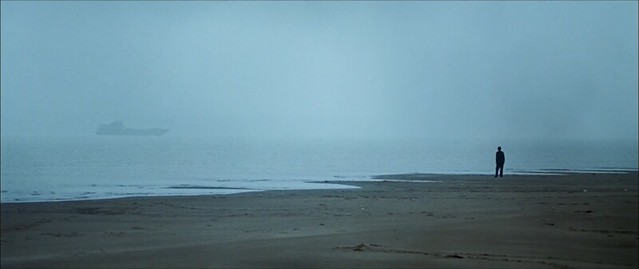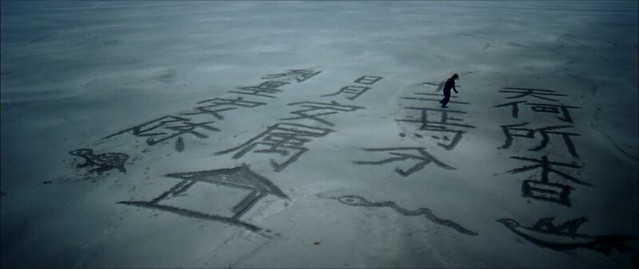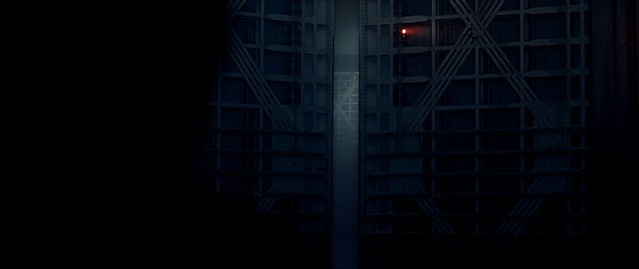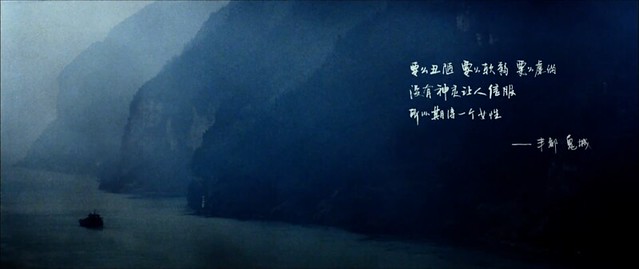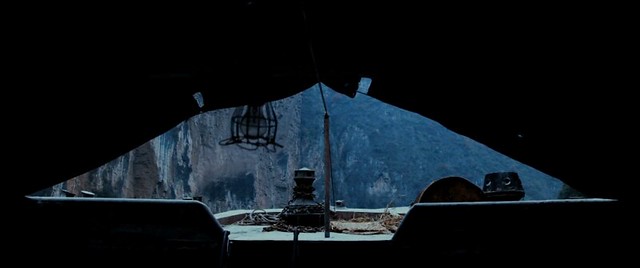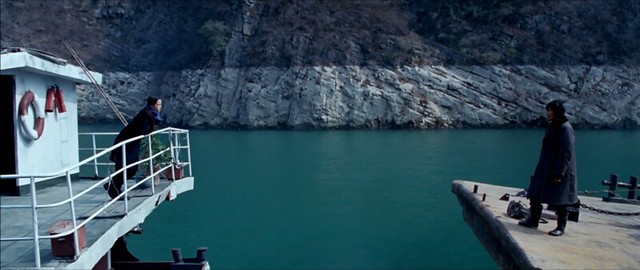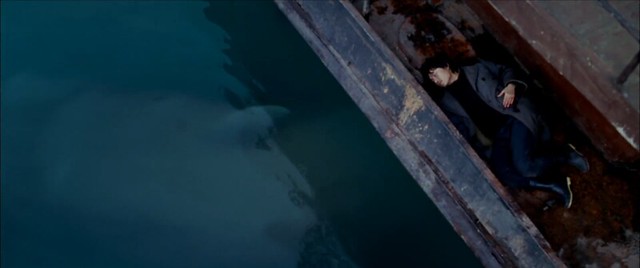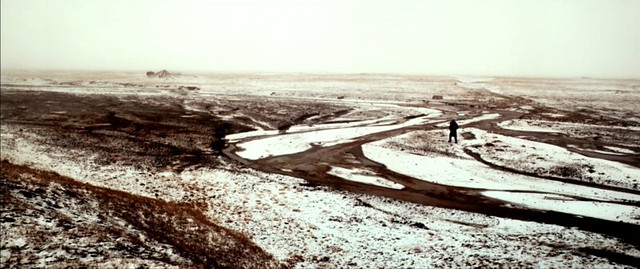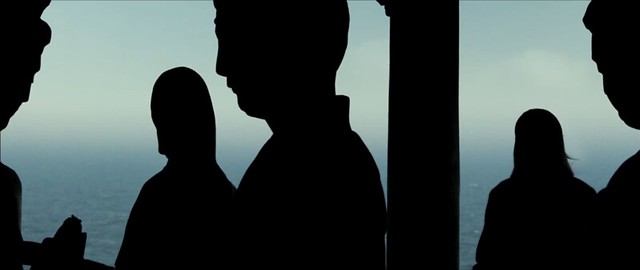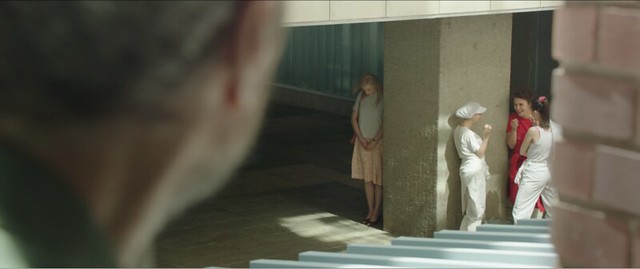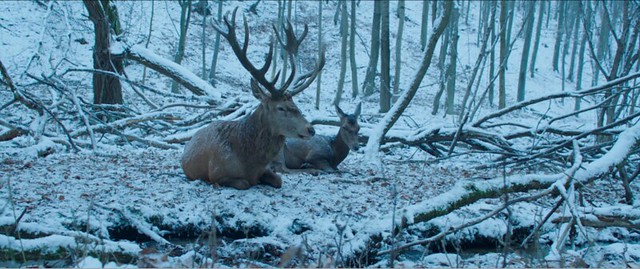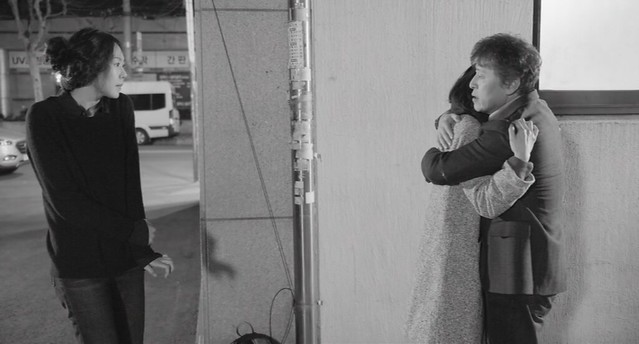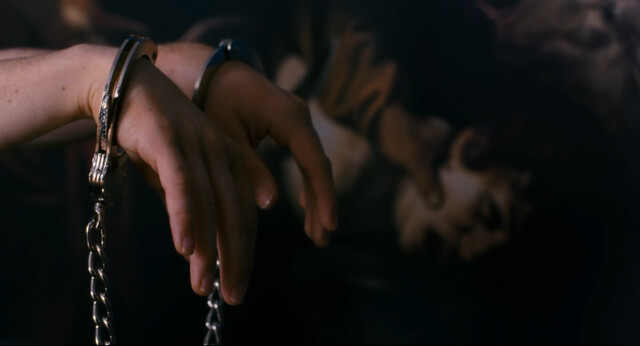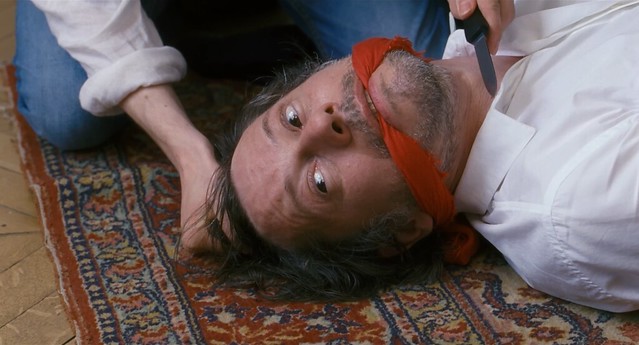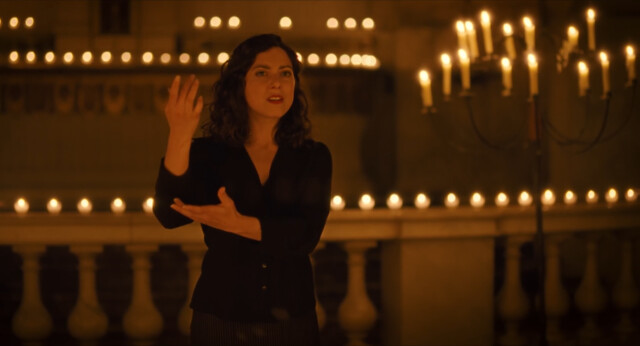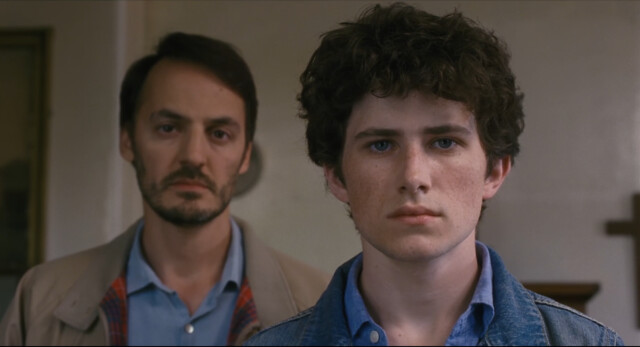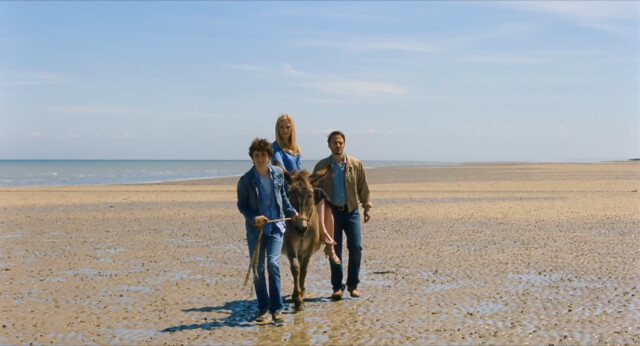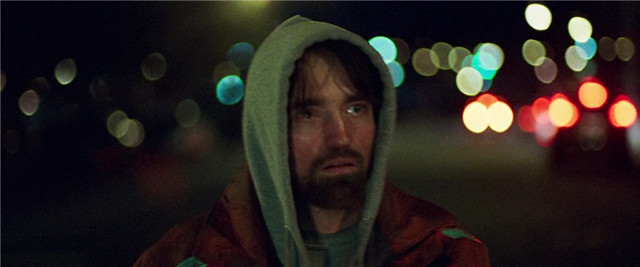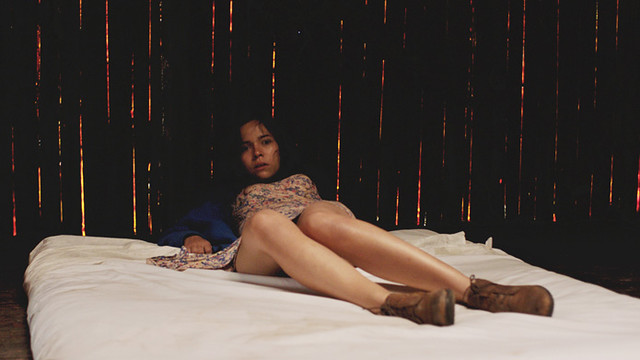
Mixing naturalistic portrait of domestic disintegration and Lovecraftian Sci-Fi, Mexico's other bad boy of cinema, Emat Escalante creates an intriguing but ultimately empty study of toxic masculinity in a still very much religious and patriarchal society.
We are introduced early on to an alien creature through its fat, dirty-pink tentacles near the naked body of Veronica (Simone Bucio). It seems that two aging scientists couple living in a cabin in the woods have been keeping the creature in their barn ever since it landed on earth carried on by a meteorite (as seen on the first shot of the film). The old couple warns Vero not to come back. See, the creature gives them extraordinary pleasure but it's also very dangerous.
So this is the set up of the film:
Veronica, waifish, socially award girl on her motor bike, injured by the creature (the alien being gets tired of its sex objects and becomes violent), feigns her wounds on her side as a dog bite in the hospital. There she strikes up a friendship with Fabian (Eden Villavincencio), a kind gay nurse who's been having an intense sexual affair with his brother-in-law, Angel (Jesus Meza) who has repressed sexuality issues and happens to be a brutish construction worker (naturally!). Fabian's sister Alejandra (Ruth Ramos) is an unhappy, unfulfilled house wife with two young boys, dreaming of getting away from bleak reality.
With Vero as a lure, Fabian gets to experience the alien encounter. He gets his head bashed in and falls in to a coma (alien don't go that way?). According to the police, he also suffered sexual aggression. With their explicit sexual texting and eye witnesses accounts, Angel gets the blame and goes to jail. Vero then introduces Ale to the scientists and the creature.
Escalante dedicates the film to Zulawski, the Polish master known for his emotionally explosive, psychological dramas and whose film Possession is an obvious inspiration for the film. But unlike the tentacled creature in Possession which was more of a personification of a couple's tumultuous relationship, it seems thinner here in its metaphorical meaning - the reptilian sense of carnal desire. It's very much flesh and blood rather than the work of imagination or will.
There lies very thin line between the boyish horse playing of two grown men (construction workers) trying to grab each other's dicks in the field and the gay sex in a club bathroom. But Escalante is too timid for showing male nude or penetration on male subjects (there are some but not explicit). With alien encounters it's all one sided, male gaze. All women are waifs, except for the monstrous mother-in-law. If you want to shed a light on rampant sexual violence and repressed sexuality and make folly of male dominant macho culture, the tentacle porn would be the very last thing I would think of using to make that point.
But Escalante thinks he can have the cake and eat it too. So here we are, we end up seeing tentacle sex, all flesh and blood, explicitly. I feel bad for its actors.
